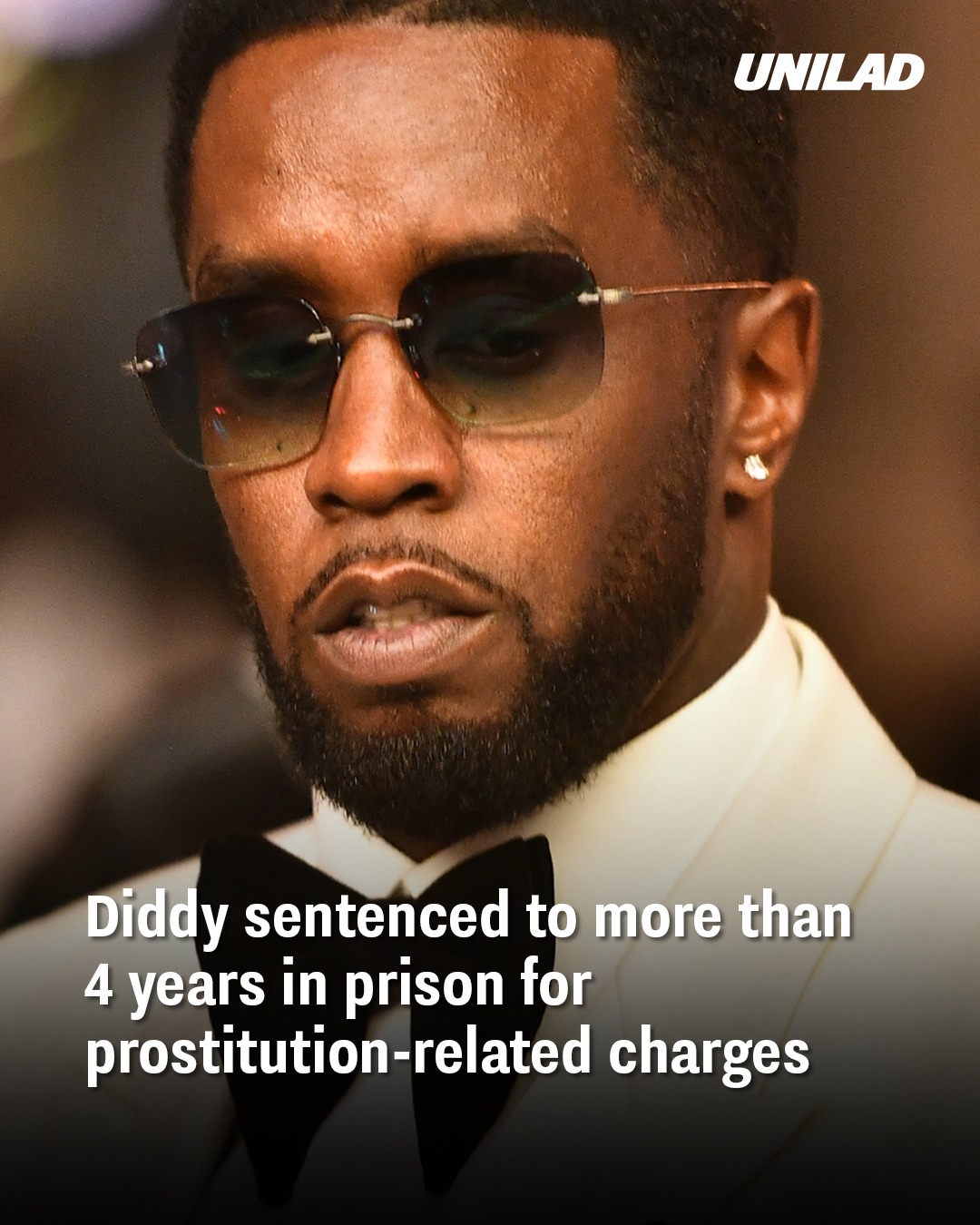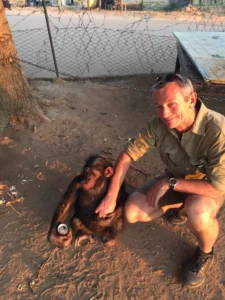In the world of fame and fortune, insurance usually refers to protecting one’s wealth, image, or brand. But when scandals break and justice takes center stage, no amount of financial coverage can protect against the consequences of personal actions. That’s exactly what unfolded for Sean “Diddy” Combs, the once-celebrated music mogul now sentenced to more than four years in federal prison after being convicted on prostitution-related charges.
This shocking outcome marks the latest — and perhaps most serious — chapter in the downfall of a man once synonymous with luxury, power, and influence in the entertainment industry.
The Case That Shook the Music Industry
Sean Combs, 55, was arrested last September at a hotel in Manhattan, New York. The charges initially included sex trafficking by force, fraud, or coercion, racketeering conspiracy, and transportation for prostitution — allegations that painted a disturbing picture of exploitation and abuse within his inner circle.
During a high-profile court hearing this summer, Diddy was acquitted of some of the most severe charges but found guilty of two counts of transportation for engagement in prostitution — a direct violation of the Mann Act, which prohibits moving individuals across state lines for commercial sex activities.
The Sentence and Courtroom Drama
On October 3, Judge Arun Subramanian of New York delivered a sentence of 50 months (just over four years) in federal prison, along with a $500,000 fine. The decision came after the court rejected Diddy’s defense team’s request for a lighter sentence of just 14 months.
“The time in prison will be hard for him,” Judge Subramanian said, “but he will still have a life afterwards.”
For Diddy, the sentence represents both a personal and professional reckoning — one that money, power, or fame could not prevent.
➡ For more insights on public redemption stories, check out this feature: Full Story: Man Loses 360 Pounds Naturally, Internet Rallies to Support His Next Step.
The “Freak-Offs” and Key Testimonies
Throughout the trial, prosecutors detailed what they called Diddy’s “freak-offs” — wild, drug-fueled parties that often spanned days. Witnesses, including sex workers and former partners, described environments of coercion, surveillance, and control, with Diddy allegedly filming and orchestrating encounters involving multiple participants.
One of the most emotional moments came when Cassie Ventura, the singer and Diddy’s former girlfriend, took the stand. Her testimony described years of emotional manipulation and control, which prosecutors argued were symptoms of a broader pattern of exploitation.
The court determined that Diddy was guilty of two instances of transporting women for sexual purposes — one involving Cassie, and another involving an unnamed woman he later dated.
Each count carried a potential 10-year maximum sentence, but the court opted for a combined 50-month term due to the partial acquittal on more severe trafficking charges.
Prosecutors vs. Defense: A Battle of Narratives
Prosecutors pushed for over 11 years in prison, arguing that Diddy’s actions inflicted real and lasting trauma on his victims.
“His crimes of conviction are serious,” prosecutors stated. “He engaged in violence and put others in fear. He is not the victim — his victims are.”
They described Diddy as “unrepentant”, claiming he deflected blame and minimized the suffering of those involved.
In contrast, Diddy’s defense attorneys portrayed him as a changed man who had already endured 13 months behind bars under harsh conditions, including suicide watch and threats from other inmates. They insisted that the women involved were “not vulnerable, exploited, or trafficked,” and argued that Diddy’s substance abuse played a major role in his behavior.
Despite their efforts, the court denied Diddy’s request to overturn his conviction.
What’s Next for Diddy?
Diddy has already spent over a year in custody, which will count toward his sentence. His attorneys say he plans to appeal the ruling, maintaining his innocence. However, the legal road ahead will be steep.
The sentencing marks the first time the Bad Boy Records founder — once a symbol of success and excess — faces a long-term consequence that no deal, settlement, or image rehab can undo.
This case may also trigger further civil suits, as multiple women have filed related claims of sexual misconduct and coercion.
The Broader Lesson
Beyond the courtroom, Diddy’s conviction serves as a sobering reminder that no fame or fortune offers full protection — no insurance, so to speak — against the consequences of one’s actions. In the entertainment industry, where wealth often shields wrongdoing, this case stands as a rare example of accountability.
It also exposes how systemic abuse can thrive in industries built on influence, access, and silence. For survivors, the verdict offers some degree of justice, though many say the emotional scars remain.
➡ You may also enjoy: The Hidden Meaning Behind Princess Diana’s Cannes Gown: A Heartfelt Farewell to Grace Kelly.
Final Thoughts
Sean “Diddy” Combs’ 50-month sentence closes one chapter but opens another — one that forces both fans and critics to reckon with how fame can hide darkness for decades.
This is more than a celebrity scandal. It’s a story about power, accountability, and the insurance of truth — a reminder that justice, though delayed, can still find its way to the spotlight.
As one prosecutor said after the verdict: “For years, he thought his money made him untouchable. Today proved that it doesn’t.”


